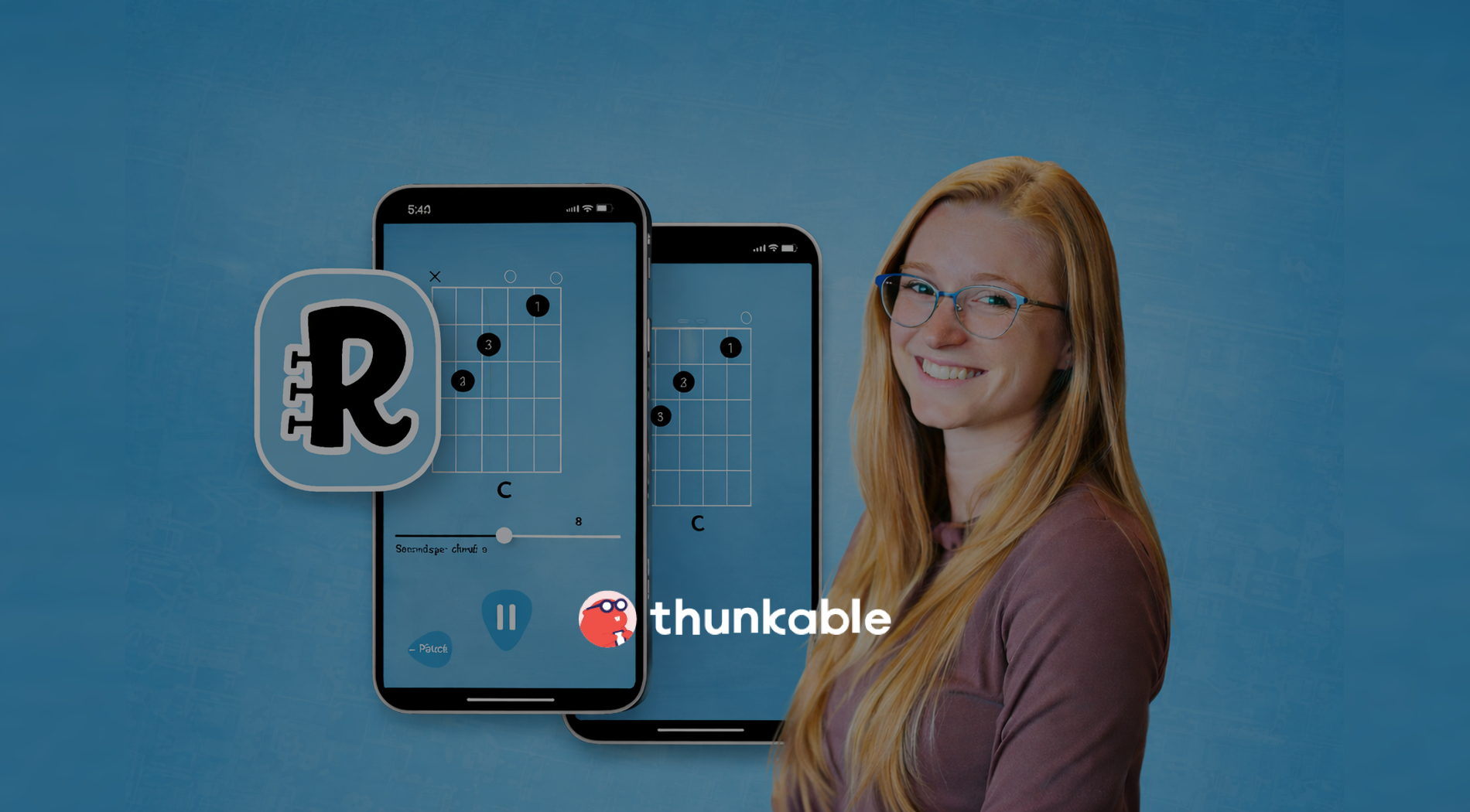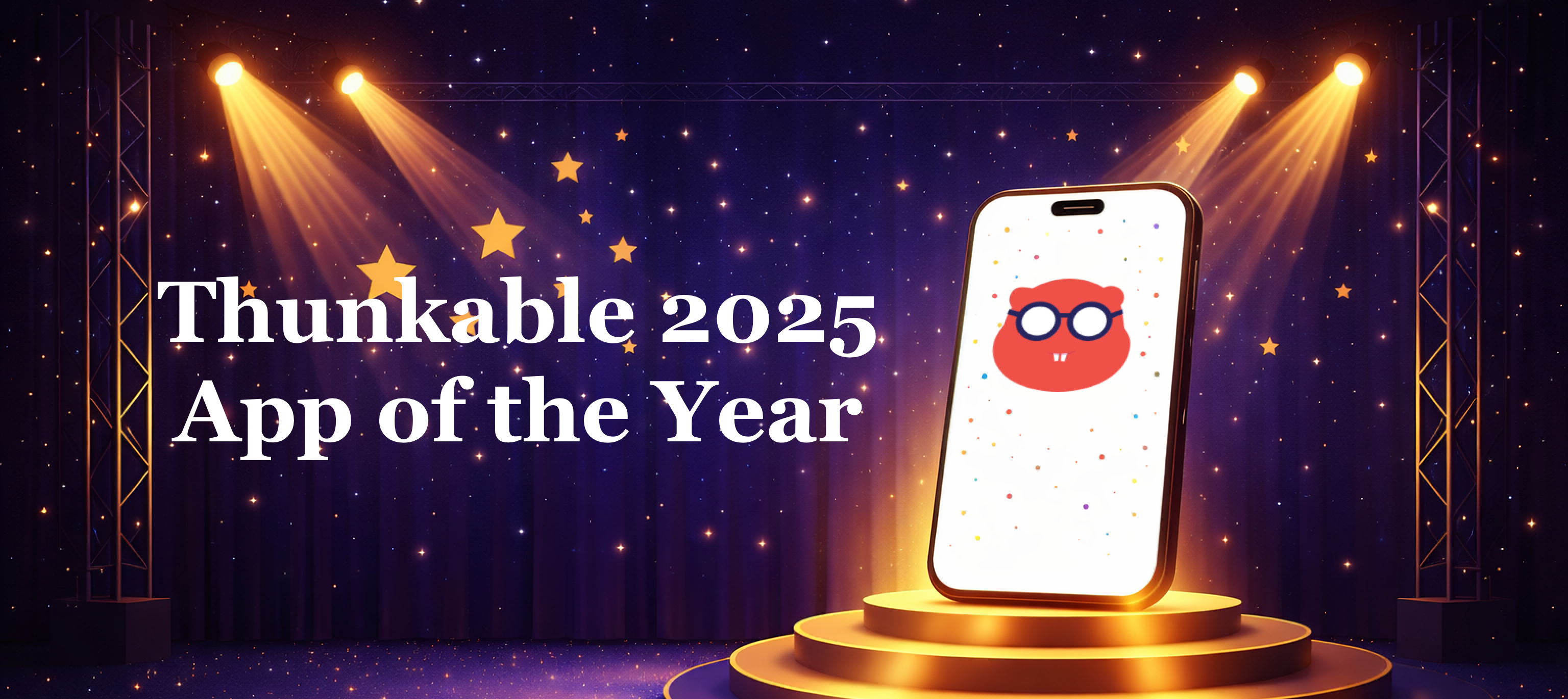Why a Privacy Policy Is So Important for Your Mobile App

Mobile app development is no easy feat and there are a lot of factors to consider: design, features, and functionality. However, while it’s crucial that your app works, functionality isn’t the only thing you need to worry about.
One of the essential factors you need to consider before your app goes live is data privacy - and the need for a privacy policy.
Are you collecting user data? Will you be tapping into the device's camera, GPS, and other native capabilities? If so, then you will want to ensure you have the appropriate privacy policy before publishing.
Privacy policies aren’t just a good idea — most apps are legally required to have one. So, if you don’t have a privacy policy, you could find yourself in significant legal trouble.
Here’s why privacy policies are essential to mobile apps, what they should include, and how to create a policy that works for your app.
How Data Privacy Laws Can Affect Your App
Over the past few years, governments worldwide have implemented broad internet privacy laws. These regulations are intended to give people more control over how their private internet data gets used.
Some of these laws require businesses to provide privacy policies on their websites and mobile apps.
As a mobile app developer, three data privacy laws probably affect you:
- GDPR: The European Union’s regulation on data privacy requires all internet apps and sites to include a privacy notice that’s easily accessible, among other restrictions.
- CCPA: California’s data privacy law requires digital programs to provide specific privacy policies to users the first time they visit the site or the app’s download page.
- COPPA: The Children’s Online Privacy Protection Act requires strict privacy notices on all pages aimed at children 13 and younger.
These laws define how apps and websites can use and collect private data and require them to supply privacy policies to users.
Why Your App Needs a Privacy Policy
Simply put, your app needs a privacy policy because apps can have unparalleled access to a user’s personal information.
Depending on the type of app you develop and the features you include, you could potentially access sensitive information on a users phone, such as:
- Camera and Photos
- Location data
- Contact lists
- Calendar entries
- Various other sensitive information and features
For example, certain apps — such as messaging platforms or interactive games — need access to these data sources for them to work.
Potential access to user data is what makes a privacy policy crucial for apps. With such expanded access to sensitive personal information, you must disclose and clarify user data usage details.
To comply with international privacy laws, you need to list whether your app uses any of these features, how it uses them, and how users can change those permissions.
The iOS App Store requires all apps to have a privacy policy, whether or not they access personal data. Since the App Store sees 60% of all global mobile app revenue, making your app iOS-compatible is critical for long-term success.
To get your app in the App Store, you need to generate a compliant privacy policy, or else you won’t be approved.
What You Need To Include in Your App’s Privacy Policy
If you want your privacy policy to comply with national and international laws, you need to make sure it’s thorough. Leaving out specific details is just as bad as failing to have a privacy policy at all.
Here’s what every mobile app’s privacy policy should contain:
- Collected types of personal information: You need to disclose whether your app accesses or saves data like the user’s name, phone number, location, or any other identifiable information.
- How personal information is gathered: You must disclose how your app accesses and records the data it saves.
- How you will use the information: You need to disclose the purpose of your data collection must fit specific criteria according to the GDPR.
- Any third parties who will access the collected information: You must disclose who else will be receiving the personal information you collect.
- Where users can request more details about your privacy policy: You must provide your contact information including your email or phone number.
Penalties for not Having a Privacy Policy for Your App
So, what are the consequences of not including a privacy policy with your app?
That depends on the laws involved.
In general, if your app is found to “target” citizens covered by these laws, you’re responsible for following them.
“Targeting” residents of the EU or California is as simple as providing content that is interesting or relevant to them somewhere they can access it.
For instance, a family restaurant’s website in Indiana doesn’t target EU or California residents because that information isn’t relevant to their interests.
However, a mobile app that presents menus for restaurants in all fifty states would most likely target California residents and thus need to comply with the CCPA.
Similarly, a food tracking app on the App Store or Google Play Store would also target EU residents if available for them to download.
GDPR Liability
Apps available to EU residents are held to the GDPR’s liability standards. Violating the GDPR by failing to post an adequate privacy policy can lead to fines of up to €20 million or 4% of your worldwide annual global turnover of the preceding fiscal year, whichever is higher.
The exact amount of the penalty depends on whether your violation was accidental or purposeful and what consequences users faced because of the offense.
CCPA and COPPA Liability
Any noncompliant apps targeting California residents are liable for a $2500 fine per unintentional violation or $7500 per intentional violation.
A violation is defined as an affected user. If a thousand California residents download your app while it doesn't have a privacy policy, that's a thousand violations and potentially $2.5 to $7.5 million in fines.
App Store Penalties
Furthermore, if you don’t have a privacy policy, you cannot upload your app to Apple’s App Store. That cuts off a significant portion of your market.
Even if you’re willing to restrict your app to non-EU and non-California residents, barring all Apple users from getting your app is terrible for business.
The Bottom Line
Having a comprehensive and thorough privacy policy for your mobile app is just as crucial as ensuring an enjoyable user experience. This isn’t something you will want to leave until right before you publish your app. Tools like Termly make generating a privacy policy easy and can safeguard your app without having to spend thousands in legal fees. Their privacy policy template for mobile apps is a fast and easy way to create a policy that complies with GDPR, CCPA, and COPPA.
With Termly it is easy to generate the exact privacy policy you need for any no code mobile app you are creating with Thunkable. To get started you, can read our article, “How to Generate a Privacy Policy for Your App”, or learn more about our integration options at Thunkable.com/integrations.
Now you're able to jump right in and start developing your no code mobile app!
View Pricing
If you’re an administrator or requesting multiple licenses for your school or district, our team will follow up with you directly to learn more and help set up the right Education plan. We’ll work with you to make sure Thunkable is the best fit for your districts/classrooms.
We also offer special discounts for individual students and educators. Apply below, and you’ll receive a promo code via email to claim your discounted Thunkable Education plan.
Related Resources
What Will You Create?
Ready to take your first steps towards developing that amazing idea? Get started on your app for free.




.jpg)
